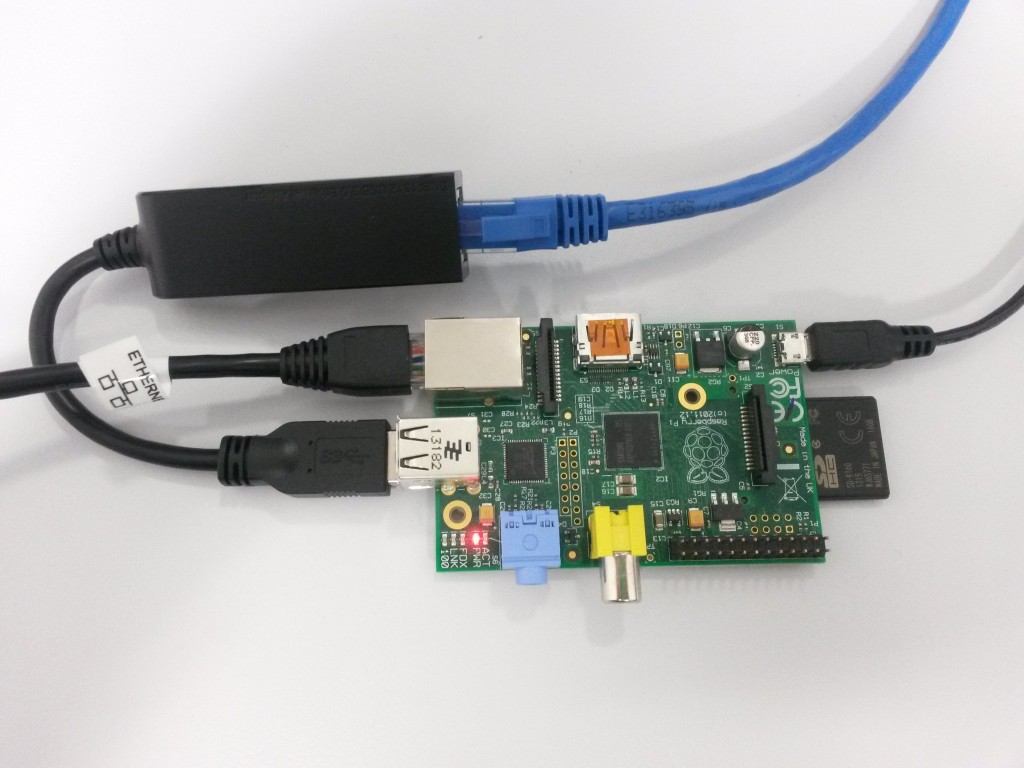Last week the Australian Government passed the Telecommunications and Other Legislation Amendment (Assistance and Access) Bill 2018, which allows certain government agencies to issue secret notices compelling Australian IT workers and software developers to insert secret malicious code into any software or computer systems, for the purpose of gaining access to the content of encrypted messages on the computers and smartphones of their users. This law is in effect right now. The next time you download an update for the banking app on your smartphone, or operating system updates for Windows and MacOS, or a firmware update for your modem/router, or a game update on your Playstation, your device might also be implanted with a secret backdoor enabling remote access and monitoring. I could be forced to add malicious code to this blog and it would be illegal for me to refuse, or to warn you about it. You can no longer trust any computer hardware or software that is created, configured, or sold by someone living under the legal jurisdiction of Australia. This is kind of a big deal.
Continue reading The War on PrivacyCategory: Privacy
Onion routing explained
When you visit a website on your computer or mobile device, you are potentially sharing that information with advertisers, hackers, co-workers and governments. Even though the content you are viewing is likely to be encrypted with HTTPS, your metadata (including the URL and IP address of websites you visit, your IP address, the time and date, information about your web browser and computer hardware) can be collected and stored by anyone eavesdropping on the wire between you and the web server, to be used against you in targeted advertising campaigns, phishing scams, profiling, and soon robot assassination.
Preventing VPN leaks on Linux

If you connect to the internet through a public WiFi hotspot, or at school or at work, the metadata and contents of your online communications can be intercepted and viewed (or altered) by the network operator or another malicious party on the network. One of the ways to protect your privacy is to send all of your internet traffic through a Virtual Private Network.
Unfortunately a lot of personal data can leak out when you join a new network but have not yet connected the VPN. This guide shows you how to configure the Linux iptables firewall to block all normal outgoing connections, and only allow connections to your VPN server.
The Australian Panopticon
The Panopticon is a theoretical prison designed by English philosopher and social theorist Jeremy Bentham in the late 18th century. The shape of the prison places every inmate within view of a watchtower. Although it is physically impossible for the watchman to observe all cells at the same time, the fact that the inmates cannot know when they are being watched means that all inmates must act as though they are watched, effectively changing their behaviour.


